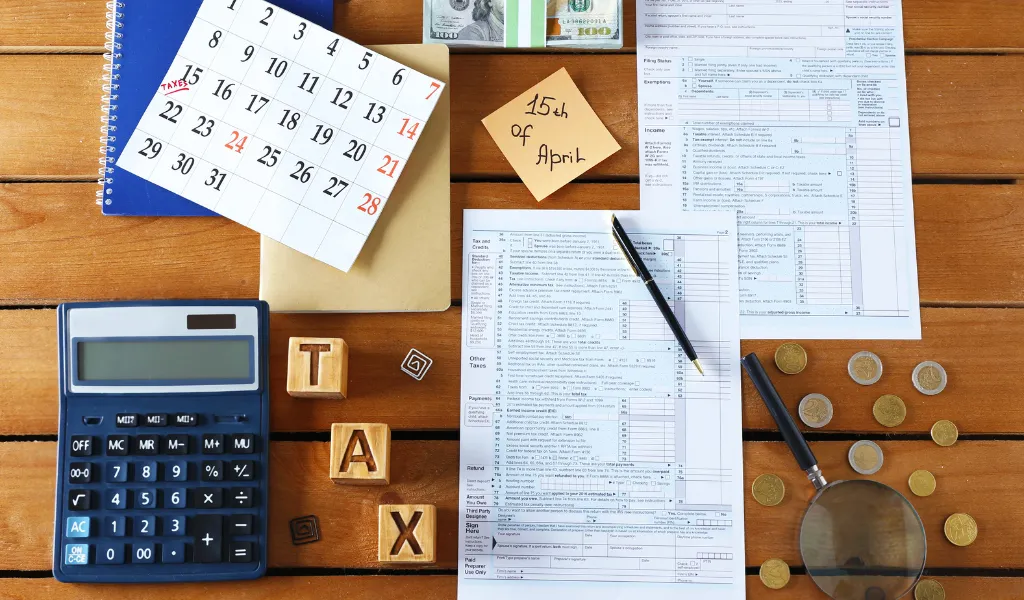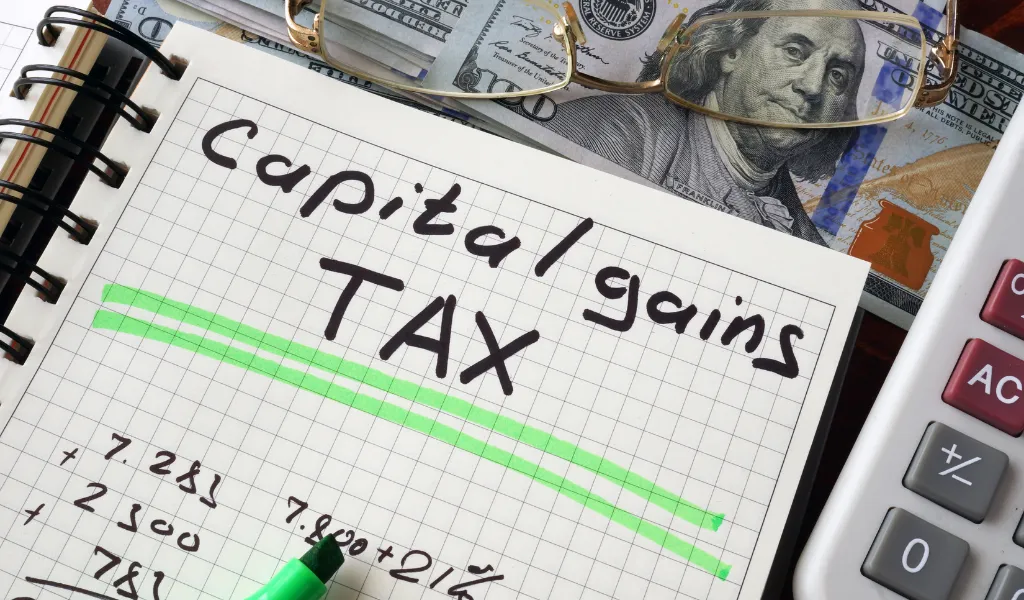When it comes to your finances, you should know how the new year is looking. It is crucial to know the major financial dates that will affect you. Certainly, 2024 appears jam-packed. There are a lot of changes coming this year. From reductions in NICs to increases in train fares, you are going to want to brace yourself for the future. This guide will cover every important financial date in 2024.
Let us start from day 1 even it if is behind us.
1 January: Rise in the Energy Price Cap
The new year did not bring glad tidings as a higher energy price cap came with it.
How much you pay per unit of gas and electricity for standard variable tariffs, Ofgem caps it. Now, most people are on this. Per year, a typical household will end up paying £1,928. This is an increase of 5% from £1,834.
They cap the cost per unit and not the overall bill. Therefore, it is possible to lower your bill by limiting your usage.
| 1 Oct to 31 Dec 2023 | 1 Jan to 31 Mar 2024 | |
|---|---|---|
| Price cap level | £1834 | £1928 |
| What customers pay | £1834 | £1928 |
2 January: Opening of Registration for Free Childcare
Fortunately, the new year came with some good news. You can now apply for 15 hours of free childcare for two-year-olds per week.
Since its announcement in the Spring Budget, this is simply the first phase. This expansion is 30 hours of free childcare per week.
Working parents who have two-year-old children can get 15 hours of free childcare weekly starting from April 2024. This will expand in September 2024. From that point onwards, parents with nine months to two-year-old children can get the same amount of childcare.
However, 30 free hours a week for nine months to three-year-old children will not come into effect till September 2025. All adults who work a minimum of 16 hours can avail of this facility.

6 January: Reduction in NICs
The Autumn Statement by Jeremy Hunt brought plenty of new key measures. One of the most prominent was the reduction from 12% to 10% in the Class 1 employees’ National Insurance Contributions.
Any employee who is under the state pension age must pay this on their earnings from £12,570 to £50,270. On earnings above this threshold, NIC will still be charged at 2%. On 6 January, these reduced rates took effect. Which is unusual, to say the least.
For those who are self-employed workers, 6 April is the date for similar cuts. In April, they will abolish Class 2 contributions and cut down Class 4 contributions from 9% to 8%.
What do these cuts mean? Well, suppose you are an employee that earns £40,000 per annum. Then, you can save up to £549. However, if you are a self-employed individual, then you will save £454 only.
Until April 2028, the freezing of income tax thresholds will take place. Thus, many people will pay significantly more than if there was an increase in rates of inflation.
31 January: Deadline for Online Tax Return
If you file your Self-Assessment tax returns online, you must do so by midnight on Wednesday 31 January 2024. This is the deadline for your 2022-2023 tax return. You must also pay the tax you owe by the same date.
The situation differs for those who are self-employed. Typically, they must make their first payment on account. 31 July 2024 is the deadline for their second payment.
1 February: Decision for Base Rate
The role of the base rate is to affect how much it costs you to borrow and the amount you receive for saving. In this year, there were several rises to 5.25%. The reason for this was to bring down inflation. Finally, we are witnessing a decline.
Inflation will fall even more by the time the first meeting of the Bank of England’s monetary policy committee takes place. This can cause a reduction in the base rate.
However, this is not likely. In November, Andrew Bailey, governor of the Bank of England, stated it was too early to reduce the rate. Moreover, predictions also state the same. Analysts predict you will have to wait until the end of 2024 for the first base rate reduction.
Nevertheless, waiting is not likely for savings providers. In autumn, we witnessed the withdrawal of 6%+ rates, which was because of the prospects of cuts.
3 March: Increase in Train Fares
According to the announcement by the government, rail fares are going to rise on 3 March by 4.9%.
The government sets annual increases to regulate rail fares. These include commuter fares and season tickets. In January, these typically take effect. There is a link between them and the RPI of the previous July. In 2023, it stood at 9%.
Yet that is not the case as per the Department for Transport’s statement. They stated that price hikes will stand below RPI and there is confirmation of increases capping at 4.9%. Furthermore, fare changes will no longer occur in March annually.
A call to freeze rail fares was made by the Campaign for Better Transport. Since 2011-12, fuel there has been a freeze on fuel duty. Moreover, there was a warning. Even an additional 5.9% increase would result in 27 season tickets from 40 popular commuter routes into London, surpassing £5,000 and 10 beyond £6,000. This means that an annual season ticket from Southampton to London can cost you up to £7,218.
6 March: Spring Budget
On 6 March, the Spring Budget will arrive. This is earlier than usual. Jeremy Hunt delivered the previous budget on 15 March 2023, which led to speculation of the general election in May.
This budget outlines the state of the economy and projections for the year ahead. Additionally, it states the advised changes to the tax system.
Changes to fuel duty, inheritance tax, and help for first-time buyers are likely according to commentators’ speculations.
1 April: Rise in Council Tax
In Scotland, a freeze on council tax bills will take place. Whereas they are likely to increase from April in the rest of the UK.
Each year, without calling a referendum, councils can raise council tax by only 5%. In England, the current average annual Band D council tax bill stands at £2,065, for 2023-24. Therefore, an increase of £103 is probable.
There is a rise of £10.50 in the TV licence fee. This increases the cost up to £169.50.
Furthermore, a new energy price cap will also occur. There is a prediction that the cap will fall in April. If that happens, then a typical bill will be reduced to £1,660.
Broadband prices are also likely to rise in April 2024. Which is probably inflation-linked mid-contract.
Regulator Ofcom gave a proposal to ban unpredictable mid-contract price rises of mobile and broadband. However, this will not stop the providers’ plan to increase prices in spring.
5 April: Deadline for ISA Allowance
If you do not use your ISA allowance by 5 April 2024, you will lose it.
Every year, adults have a tax-free allowance of £20,000. Any child under the age of 18 has a £9,000 tax-free allowance. It is not possible to roll it over.
6 April: Lower Allowances in the New Tax Year
The new tax year 2024-25 begins on 6 April. This is the first day on which you can file a 2023-24 tax return. That is, if you have all the necessary information.
A cut down on tax-free allowances for capital gain tax and dividends is going to occur. They will go down to £3,000 and £500, respectively. This is half the amount they were previously.
That is why you must hold assets in ISAs. Nevertheless, it is not all bad. The rules that prohibit you from paying into more than one of the same types of ISA will no longer exist in April.
8 April: Increase in Benefits and State Pension
Although the new tax year begins on 6 April, the boost in state pension and benefits will not take place until 8 April. There is confirmation of an increase of 8.5% in the state pension by the Chancellor. As a result, anyone who is on the full new state pension will receive £221.20 per week. Previously, it stood at £203.85 per week.
It is now possible to receive £169.50 if you reach state pension age before April 16. This stood at £156.20 before. Pension credit, Universal Credit, and various other benefits will also increase by 6.7%. This is as per the CPI in September 2023.
1 July: Third Quarter Energy Price Cap
On this day, for the third quarter of the year, the energy price cap will come into effect.
According to predictions, the typical bill is likely to fall even more down to £1,590 from July. This is probable only if there are no drastic changes in the international markets.
31 July: Deadline for Second Payment on Account
If you are a self-employed worker, then you need to pay tax through payment on account. By midnight on 31 July, you must make your second payment. Your earnings in 2022-23 determine the amount you owe.
1 October: Final Quarter Energy Price Cap
For the final quarter of the year, the energy price cap will come into effect on 1 October.
16 October: September Inflation Announcement
In October, the September inflation announcement will arrive. This is vital because they use it to calculate how much state pension and benefits are going to increase in April.
31 October: Deadline for Paper Tax Returns
In case you decide to send a paper Self-Assessment tax return by post instead of doing it online, you should do it by 31 October.
November: Autumn Statement
Usually, the Chancellor gives another update regarding proposed tax changes and the state of the economy in November. The Autumn Statement was made on 22 November last year.
31 December: End of £2 Bus Fare Cap
In December 2024, it is expected that the government scheme that capped single bus journeys at £2 will end. This scheme applies to bus journeys in England. For the costliest routes, you can save up to £12 per journey once the cap ends.
Conclusion
To summarise, you should know all the deadlines and important dates to ensure compliance. If you miss a deadline, you will face penalties. Therefore, it is ideal to mark your calendars or set a reminder for any upcoming due dates. Moreover, prepare yourself for the spring budget and any other update that will bring forth proposed tax changes.








